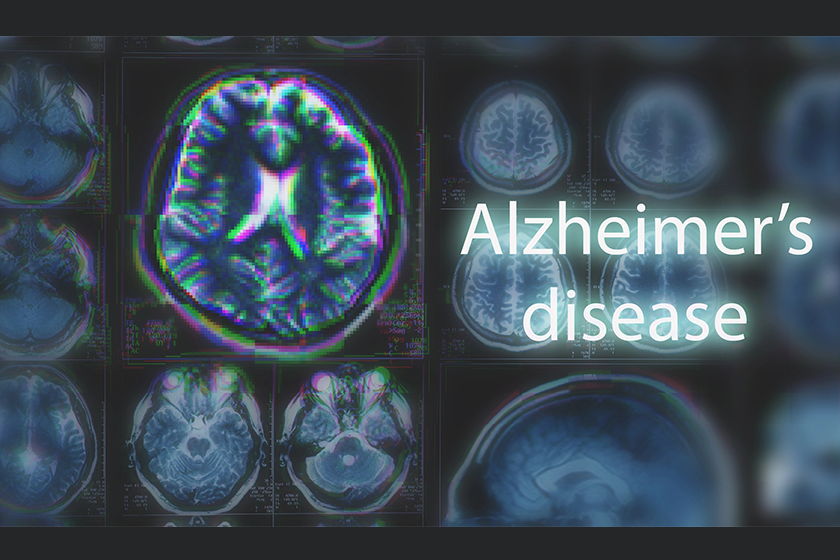Alzheimer’s disease affects millions of individuals worldwide, yet many people are unaware of how the condition is diagnosed. Alzheimer’s disease impacts memory, thinking, and behavior, making early identification vital for effective management.
Doctors rely on a combination of clinical evaluations, tests, and imaging to determine if someone has the disease. These methods help distinguish it from other conditions with similar symptoms. Here is how experts approach diagnosing this challenging condition.
Recognizing Early Symptoms of Alzheimer’s Disease
- Memory Loss: Forgetting recent events or important dates is one of the first signs people notice. Repeatedly asking the same questions can also signal an issue.
- Confusion: Struggling to manage familiar tasks or becoming disoriented in known places often points to cognitive decline.
- Difficulty Communicating: Trouble recalling words, following conversations, or understanding written text can indicate the disease.
- Behavioral Changes: Mood swings, irritability, or withdrawal from social activities may emerge as early warning signs.
Each of these symptoms provides a starting point for discussions with healthcare providers, helping them guide families toward the next steps in the diagnostic process.
Medical History Role in Alzheimer’s Assessment
Medical history offers vital insights into the onset and progression of symptoms. Physicians examine a person’s personal and family medical history to identify potential risk factors, such as genetic predisposition.
They inquire about past health events that could contribute to cognitive decline, including head injuries or untreated chronic conditions like diabetes. Understanding lifestyle factors, such as diet, sleep patterns, and physical activity, adds another layer to the evaluation.
This information allows doctors to identify symptoms that align with Alzheimer’s disease while ruling out other possible causes. A thorough history builds a foundation for the next steps in diagnosis.
Cognitive Tests in Alzheimer’s Diagnosis Process
Cognitive tests measure thinking, memory, language, and problem-solving skills. Doctors use standardized tools like the Mini-Mental State Examination (MMSE) or Montreal Cognitive Assessment (MoCA) to evaluate brain function. These tests ask individuals to perform tasks such as recalling a list of words, drawing a clock, or solving simple math problems.
Test results help healthcare providers understand the extent of cognitive impairment and track changes over time. They also differentiate Alzheimer’s disease from normal aging or other conditions. The insights gained from cognitive assessments are essential for planning appropriate care and support.
Brain Imaging for Alzheimer’s Disease Diagnosis
Brain imaging techniques, such as MRI and CT scans, assist doctors in identifying structural changes in the brain. These scans detect brain shrinkage, abnormal protein deposits, or vascular damage that might suggest Alzheimer’s disease.
PET scans provide further detail by highlighting areas of reduced activity or the presence of amyloid plaques and tau tangles. Imaging results do not confirm a diagnosis on their own but provide evidence that supports other clinical findings.
Together, these tools give doctors a clearer understanding of the disease’s impact, helping families make informed decisions about care.
Memory Care at Our Retirement Community
At our retirement community, we specialize in tailored Memory Care that provides meaningful support for residents navigating memory challenges. We create engaging activities and structured routines designed to enhance cognitive function and foster a sense of belonging.
We are dedicated to creating a warm, secure environment where older adults thrive with compassionate care. Reach out to us today to explore how we can help your loved ones feel supported and cherished in our vibrant community.







